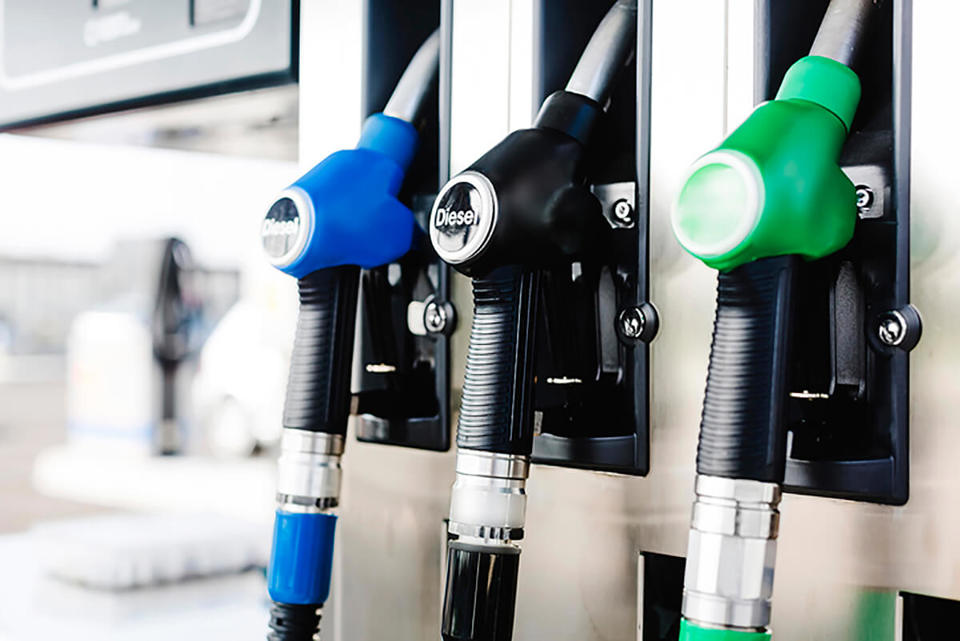Fleets should not expect any shock fluctuations in petrol and diesel prices for the remainder of 2024, according to predictions from Allstar.
The EV, fuel and business expense payment specialist said its own research shows prices at the pump have been slowly falling, and market conditions mean they expect to continue to do so for the rest of the year and beyond into early 2025.
Transaction data revealed that petrol prices at the pump were down 7.26p to an average 143.34p with diesel down by 6.1p to 158.5p.
Prices are dictated at least in part, by the price of Brent Crude oil, which have fallen materially since a peak following Russia’s invasion of Ukraine.
This, coupled with a forecast from the US Energy Information Administration for stability throughout the rest of 2024 as supply and demand balance each other out.
Allstar believes this could continue as far as into 2025.
Big regional differences in price
There are still some big regional variations in the price of petrol and diesel.
Allstar’s data splits the UK into more than 100 areas with Dumfriesshire on the Scottish/English border often the most expensive, and Antrim in Northern Ireland often the cheapest, potentially as it needs to compete with lower prices across the border in the Republic of Ireland.
Despite a generally low cost, there is a significant difference between the lowest and highest prices for diesel, equating to more than £15 for filling up a 70-litre tank.
It shows shopping around is still important to reduce fleet costs.
Paul Holland, managing director for UK/ANZ Fleet at Corpay, including UK brand, Allstar, said: “The prices of both petrol and diesel have been slowly falling and are expected to remain steady for the rest of the year as supply and demand balance each other out, meaning those behind the wheel can breathe a sigh of relief.
“That being said, there is no crystal ball that could have predicted some of the shock geopolitical events the world has seen.
“Yet, the prices we pay at the forecourt are sensitive to them and will fluctuate again if there is another surprise on the horizon.
“My best advice is to keep an eye on what is going on globally and offset costs where possible if they do make a surprise hike.”
This comes as the new Labour government has recently restored the 2030 phase-out date for the sale of new petrol and diesel cars.
Fleets are leading the way in electric vehicle (EV) adoption, with public chargers being used by Allstar customers increasing 264% - more than twice as much than the same period 12 months ago, in March 2023.
Similarly, electric business drivers are plugging in 113% more from the comfort of their own homes.
- The full Allstar AllCosts report is available to view in full and is based on proprietary data for "many millions" of transactions throughout the Allstar fuel card network in the quarter January-March 2024.























Login to comment
Comments
No comments have been made yet.